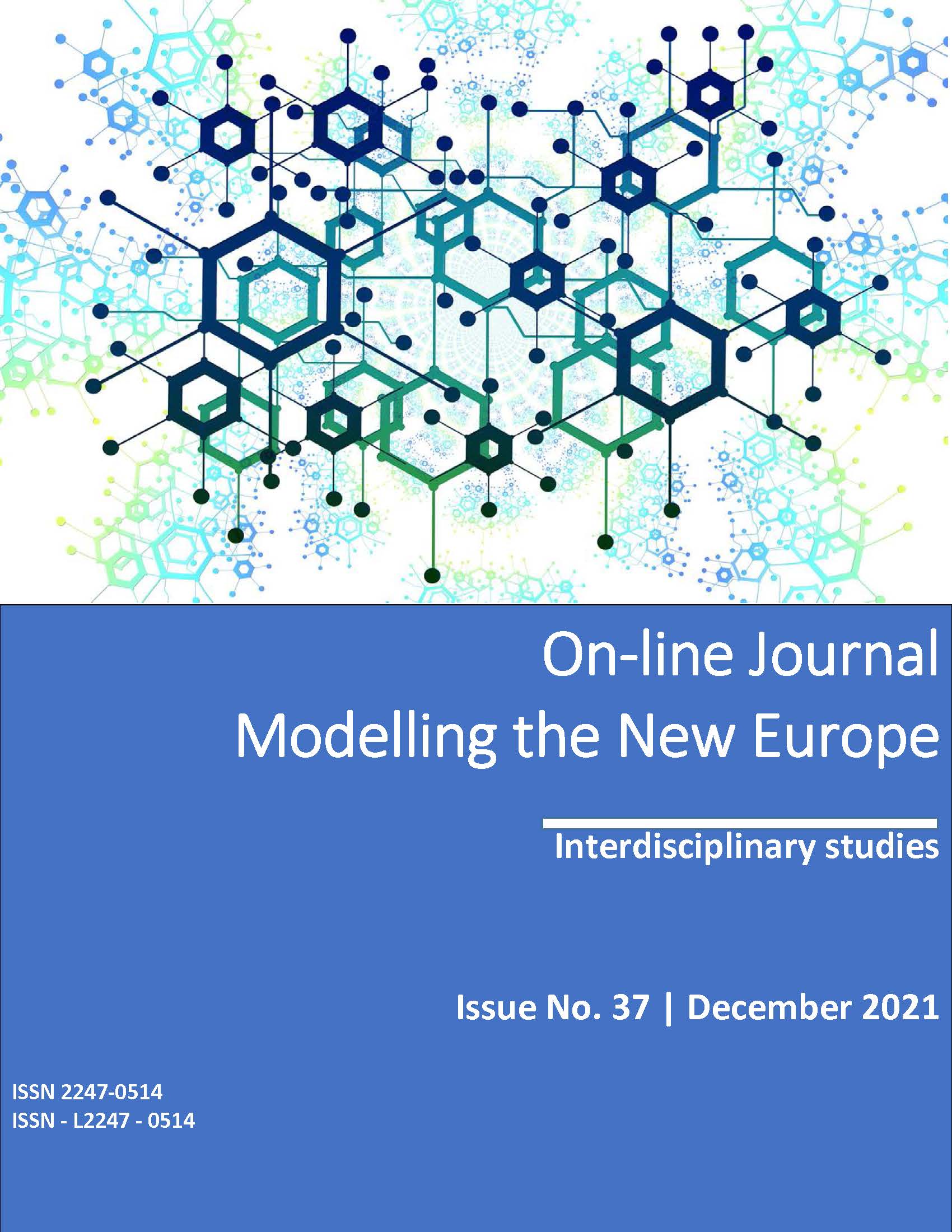SECURITY ASPECTS OF REGIONAL COOPERATION IN CENTRAL EUROPE: VISEGRÁD GROUP, BUCHAREST NINE, AND THE THREE SEAS INITIATIVE
SECURITY ASPECTS OF REGIONAL COOPERATION IN CENTRAL EUROPE: VISEGRÁD GROUP, BUCHAREST NINE, AND THE THREE SEAS INITIATIVE
Author(s): Agnieszka Orzelska-Stączek, Piotr Bajda Subject(s): Politics / Political Sciences, Geography, Regional studies, Regional Geography, Geopolitics
Published by: Facultatea de Studii Europene -Universitatea Babeş-Bolyai
Keywords: Securit Regional cooperation; Central-Eastern Europ;, Three Seas Initiative; Bucharest Nine; Visegrád Group; New regionalism; Transition paradigm; Transformation;
Summary/Abstract: This article investigates the role of security in the development of regional cooperation in Central Europe. The main research question concerns the correlation between the security environment and the development of regional cooperation. We argue that the numerous forms of regional cooperation were created to consolidate states in narrow or wider constellations, so as to better protect their security interests. Regional cooperation has a significant, albeit complementary, place in the European security architecture, which is based on the transatlantic community. Empirically, the paper delves into the Visegrád Group (V4), the Three Seas Initiative (3SI) and the Bucharest Nine (Bucharest format, B9). Its theoretical and methodological approach is based on the transition paradigm, which in its security dimension still sets the framework for research on post-communist countries and gives a good insight into the development of regional cooperation in Central Europe. We also refer to the cooperation patterns of small states, taking into consideration the geopolitical restraints caused by their location between great powers. Our research is predominantly based on realist theory. Therefore, we emphasize the significance of threats, state interests, and changes in the international order. We use qualitative research methods, in particular content analysis of documents and the results of a project based on data collection techniques through interviews with diplomats from 3SI states.
Journal: Online Journal Modelling the New Europe
- Issue Year: 2021
- Issue No: 37
- Page Range: 4-23
- Page Count: 20
- Language: English

